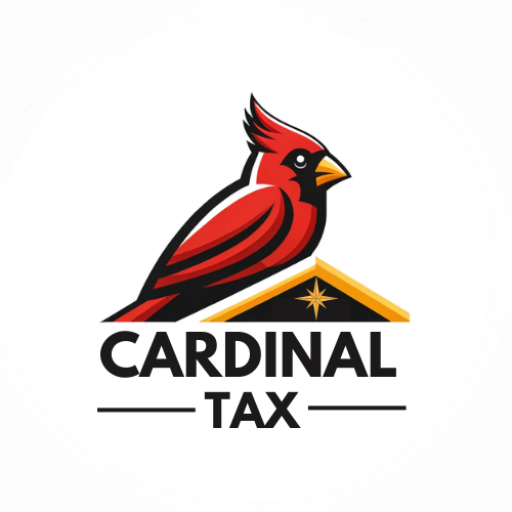As a CPA who is not only versed in the intricacies of tax loopholes but also an owner of a short-term rental property myself, I understand firsthand the unique opportunities that Maryland offers for those interested in exploring short-term rentals. With vacation hotspots like Ocean City, the scenic mountains, and event-packed city of Baltimore, Maryland is ripe with potential for short-term rental investments.
The strategy often referred to as the short-term rental or Airbnb tax loophole, allows real estate investors to mitigate their rental income tax. This is achieved by offsetting earned income with real estate losses, a particularly advantageous approach given the status of real estate activities under tax law. Unlike traditional methods that require the stringent qualifications of Real Estate Professional Status to reduce tax burdens—which many investors find unattainable—short-term rentals offer an alternative route.
This loophole is grounded in the definition of a short-term rental as a business rather than a mere rental activity if the average stay is seven days or less, according to Section 469. This reclassification allows all income and expenses from the property to be treated as active income, sidestepping the traditional categorization meant for hotels and hospitality entities.
For short-term rental investors, this means there’s no need to qualify as a real estate professional to reclassify passive real estate losses. Instead, by materially participating in the rental activity, investors can take advantage of this tax strategy. Material participation tests are crucial here, assessing the investor’s level of engagement in the rental property and potentially allowing for losses to be considered non-passive for tax purposes.
Material Participation Requirements
To classify a business activity as nonpassive, it is essential to satisfy the IRS’s material participation criteria. There are seven distinct methods by which you can demonstrate material participation. Fulfilling at least one of these requirements and substantiating your active involvement in the business enables you to treat your short-term rental income as non-passive.
Strategies to Ensure Non-Passive Income from Short-Term Rentals
There are two main approaches to ensure your short-term rental (STR) income is categorized as non-passive:
1. Average Stay of 7 Days or Less
If the annual average stay of your renters is seven days or less, your STR income qualifies as non-passive. This does not restrict you from having guests stay for more than a week occasionally. However, the overall annual average must remain at or below seven days. Many short-term rental platforms offer features that can help manage this average without needing constant oversight. Allowing longer stays might be beneficial in certain cases, like seasonal rentals, as long as these are balanced with shorter bookings throughout the rest of the year to maintain the seven-day average. This approach also has the advantage of exempting you from self-employment taxes.
2. Average Stay of 30 Days or Less with Substantial Services
For those preferring not to adhere to the seven-day average or aiming for longer rental periods, a second option exists. You can offer short-term rentals for 30 days or less, provided you also offer substantial services to your guests. These services must genuinely be substantial, mirroring the amenities of a hotel, such as daily cleaning, complimentary breakfast, tours, and the use of vehicles or equipment at no extra charge. This level of involvement resembles that of a host or hostess and is a more intensive option for real estate investors.
Choosing this route requires you to report your income on Schedule C as a business, subjecting it to self-employment taxes at a rate of 15.3%.
Both paths offer strategies to maintain your STR income as non-passive, depending on your preferences and how you choose to manage your property.
Bonus Depreciation
Moreover, a strategic approach to depreciation, guided by a knowledgeable real estate CPA, can further enhance tax savings. This involves conducting a cost segregation study to accelerate depreciation deductions, potentially transforming a portion of the property’s value into a substantial tax deduction.
While the 100% bonus depreciation is set to phase out, reducing from 2023 onwards, the essence of the short-term rental depreciation loophole remains intact, offering ongoing opportunities for savings. This scenario underscores the importance of a strategic approach to taxation for short-term rentals, aiming to maximize deductions and leverage depreciation effectively.
In summary, the venture into short-term rentals in Maryland, bolstered by strategic tax planning and a thorough understanding of the relevant tax loopholes, presents a viable pathway to reducing tax liabilities. This approach requires a nuanced understanding of tax laws and a proactive tax strategy, underscoring the value of professional guidance from a CPA with specialized knowledge in real estate.
